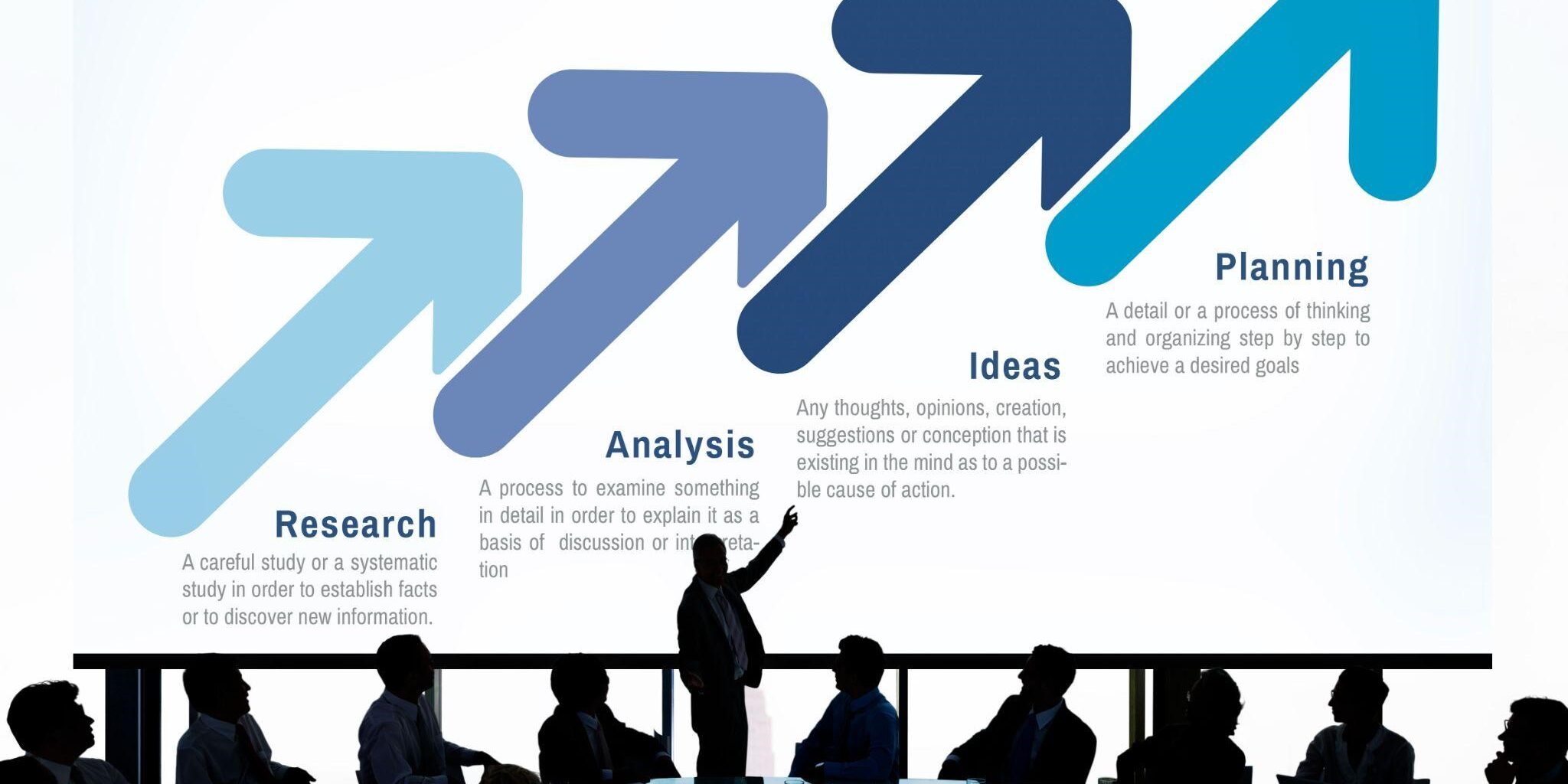Performance coaching has taken center stage in business, sports, and personal development. As more people aim for higher goals, there’s growing demand for coaches who can guide others to reach peak performance. If you’re ready to step into this role, 2025 is the year to level up and lead the charge. Let’s break down how you can become a high-performance coach who actually makes a difference.
Understand What Performance Coaching Really Means
To kick things off, get clear on what performance coaching is. It’s not just about pushing people harder. It’s about helping them find smarter ways to work, build habits that stick, and think like winners. A great performance coach helps clients gain clarity, build consistency, and overcome internal and external roadblocks. Whether your clients are CEOs, athletes, or creatives, the goal is to raise their standards and help them stay there.
Start with Your Own Growth
You can’t coach others if you’re not working on yourself. High-performing clients can sense when a coach isn’t walking the talk. Start by setting your own goals, tracking your habits, and managing your energy like a pro. Reflect on your leadership style, decision-making, and time management. The more self-aware you are, the more powerful your coaching will be.
Get Certified or Trained
While certification isn’t required, it sure helps. In 2025, credibility matters more than ever. Look for programs that focus on mindset, accountability, emotional intelligence, and client-centered techniques. Real-world application should be at the core of your training. Choose a course that aligns with your values and teaching style. Also, don’t overlook mentorship, learning from someone who’s already established as a high-performance coach can cut your learning curve big time.
Define Your Niche
Trying to coach everyone will only leave you stuck. Instead, narrow it down. Maybe you’re passionate about helping startup founders avoid burnout. Or maybe you love working with high-level professionals who want to sharpen their edge. Defining your niche makes it easier to build trust and attract the right clients. It also gives your brand a strong identity.
Build a Coaching Framework
You need a system. Great coaches don’t just wing it. Create a framework you can follow and tailor for each client. This might include weekly check-ins, habit tracking, mindset work, and long-term planning. When clients see that you have a strategy, they’re more likely to stick with the process. This also makes your sessions feel focused and productive.
Master Communication Skills
Listening is your superpower. So is asking the right questions. As a performance coach, your job is not to tell people what to do. It’s to guide them in finding their own answers and uncovering blind spots. Practice active listening, stay present, and avoid jumping to conclusions. The better your communication, the stronger your client relationships.
Focus on Measurable Results
Clients don’t just want to feel better, they want to see progress. That’s why every performance coaching plan should include clear goals and ways to measure success. Celebrate wins often. Review setbacks without judgment. When you focus on data and real change, your clients will keep coming back and referring others your way.
Stay Ahead of the Curve
What works in coaching is always evolving. In 2025, tech tools, AI integration, and mental wellness will continue to shape the field. Stay curious. Keep learning. Attend workshops. Read new research. Surround yourself with other coaches who push you to grow. The more you invest in your own development, the better you’ll serve your clients.
Final Thoughts
Becoming a high-performance coach isn’t just about reading a few books or getting a certificate. It’s a long game built on trust, consistency, and impact. At The Winning Mind Set, we believe real change starts with leaders who are willing to do the work on themselves and with others. So if you’re ready to coach at the highest level, start building your skills today. The world needs more people like you.






